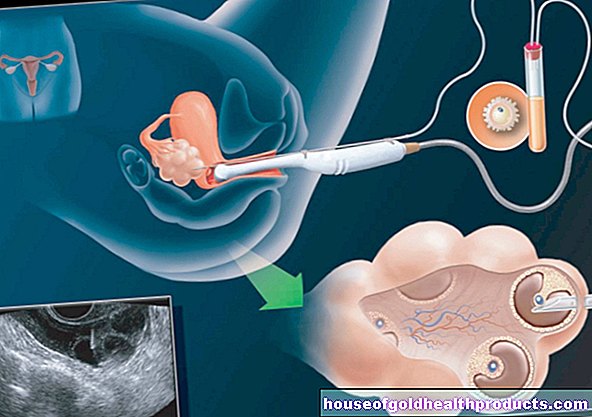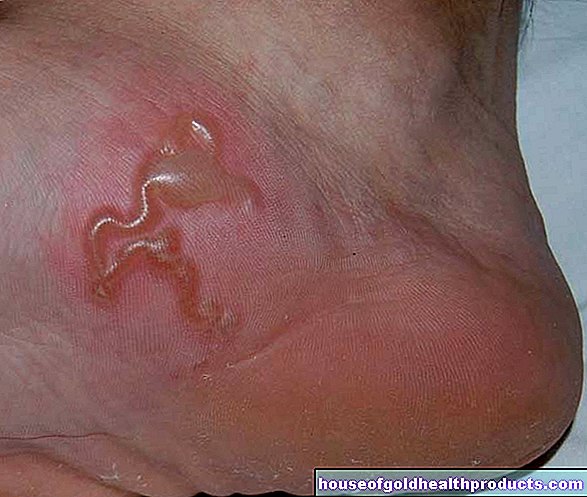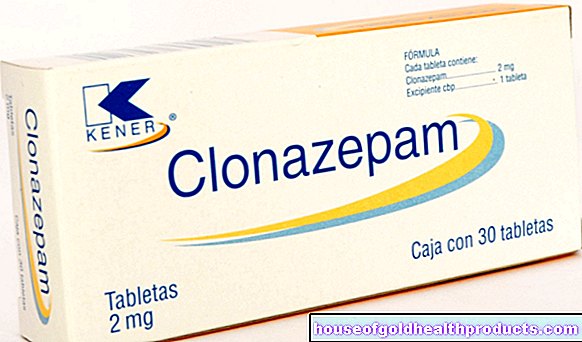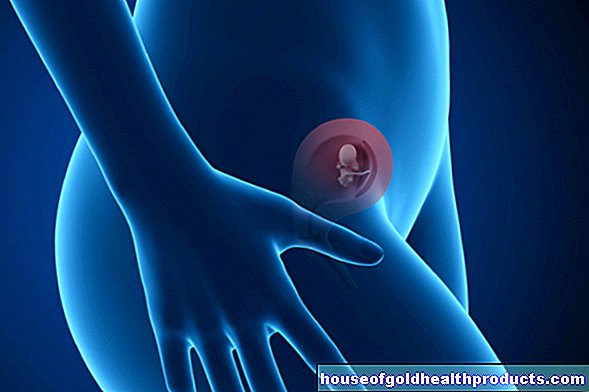Immunoglobulin G.
and Eva Rudolf-Müller, doctorEva Rudolf-Müller is a freelance writer in the medical team. She studied human medicine and newspaper sciences and has repeatedly worked in both areas - as a doctor in the clinic, as a reviewer, and as a medical journalist for various specialist journals. She is currently working in online journalism, where a wide range of medicine is offered to everyone.
More about the experts All content is checked by medical journalists.Immunoglobulin G (IgG) is an antibody that is found in all human mucous membranes and in blood serum. It is produced by the plasma cells and makes up about 80 percent of all antibodies. Read here what tasks IgG takes on in the body, why it is so important for newborns and in which diseases the IgG level is changed.
What are the tasks of immunoglobulin G?
Immunoglobulin G is an important part of the specific immune system. It binds antigens (characteristic surface structures) of pathogens and thus marks them for certain white blood cells (leukocytes). These swallow and then eliminate the pathogen.
In addition, the IgG supports the complement system, which initiates the decomposition (lysis) of the pathogens.
IgG is the only immunoglobulin that can cross the placental barrier and thus pass from the maternal to the child's circulation. Since newborns are initially unable to form antibodies themselves, they receive a kind of nest protection for the first few months of life in the womb via the maternal IgG.
Normal values for immunoglobulin G
The IgG levels are measured in the blood serum. For adults, values between 700 and 1600 mg / dl are considered the norm.
In children, the normal values are based on age.
When is the immunoglobulin G low?
In some cases, the IgG deficiency is congenital. Most of the time, the other antibody classes are also reduced, so that one speaks of agammaglobulinaemia (inability to produce antibodies).
In other patients the IgG deficiency is acquired. The reason is either an excessive IgG loss or a reduced IgG production. Causes of excessive IgG loss are:
- Kidney damage (nephrotic syndrome)
- Loss of protein via the intestines as part of watery diarrhea (exudative enteropathy)
- severe burns
Decreased IgG production can have the following causes, among others:
- Viral infections
- radiotherapy
- chemotherapy
- Treatment with immunosuppressants (drugs that suppress the immune system)
What are the symptoms of IgG deficiency?
An immunoglobulin G deficiency significantly affects the immune system. For example, chronic bacterial inflammation of the sinuses and ears or respiratory infections, sometimes severe. The triggering germs can be very banal pathogens that do not cause any particular complaints in a healthy person.
What to do if the IgG is reduced
Antibody deficiency diseases can lead to serious infections and are therefore very dangerous if left untreated. That is why it is good if a doctor recognizes and treats them at an early stage.
If the immunoglobulin disorder is a side effect of another disease, this is treated. However, if it is a congenital antibody deficiency, the patient usually has to take immunoglobulins from outside for life (immunoglobulin substitution). These are either given to him through a vein or injected into the subcutaneous tissue. If a bacterial infection occurs, the doctor will prescribe antibiotics. It is important that the affected patients keep their distance from infectious diseases in their environment in everyday life and go to regular check-ups. At these appointments, the doctor checks, among other things, the immunoglobulin level and lung function.
When is the immunoglobulin G increased?
The IgG can be increased in the following diseases:
- acute and chronic infections
- Cancers such as plasmacytoma (multiple myeloma)
- Autoimmune diseases such as rheumatoid arthritis
- Liver disease: inflammation of the liver (hepatitis) and cirrhosis of the liver
Targeted treatment of such diseases often also normalizes the blood level of immunoglobulin G.
Tags: prevention gpp parasites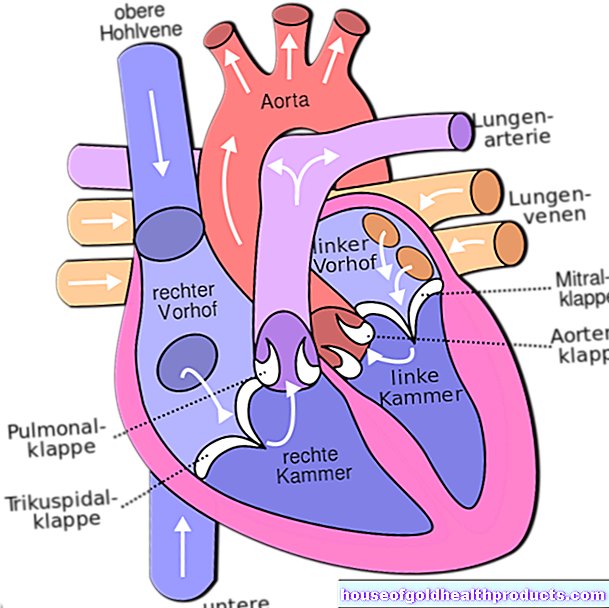

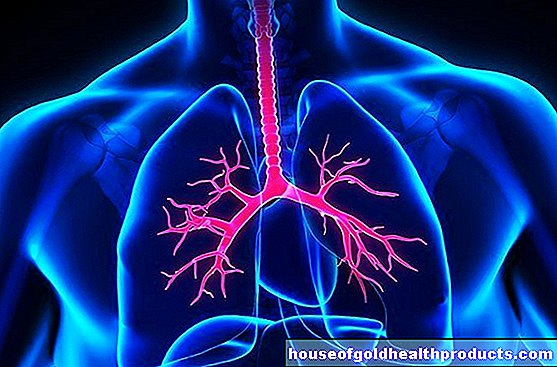
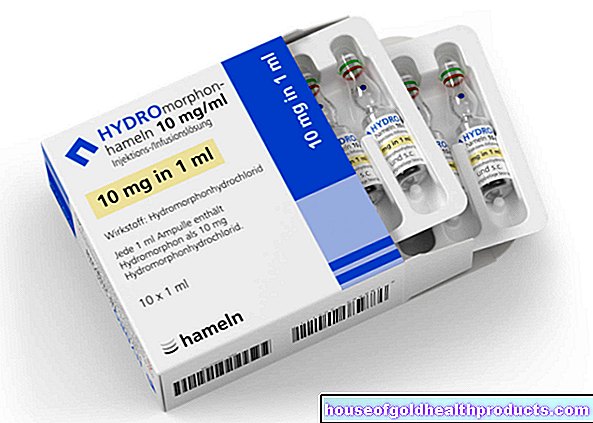











-warten-auf-den-piks-der-freiheit.jpg)




